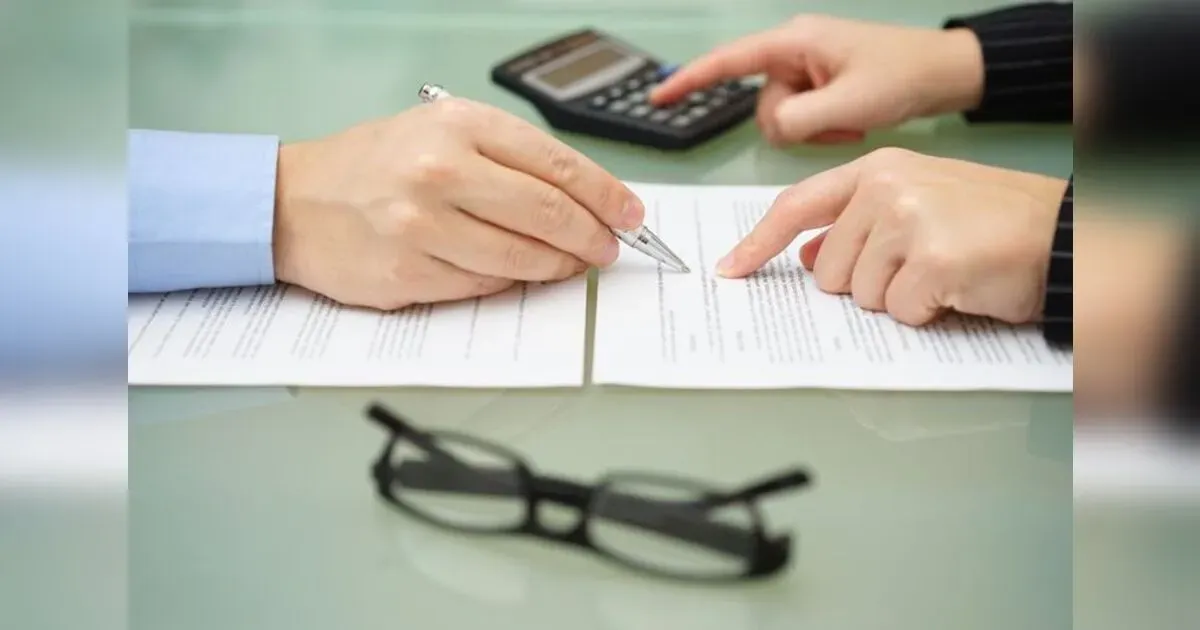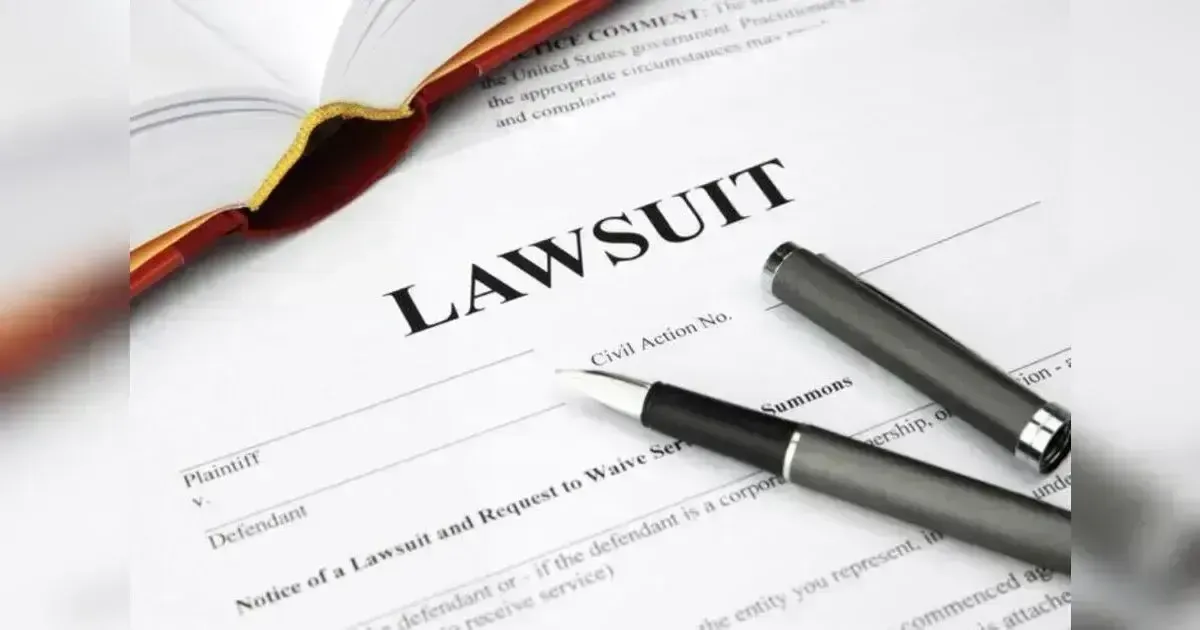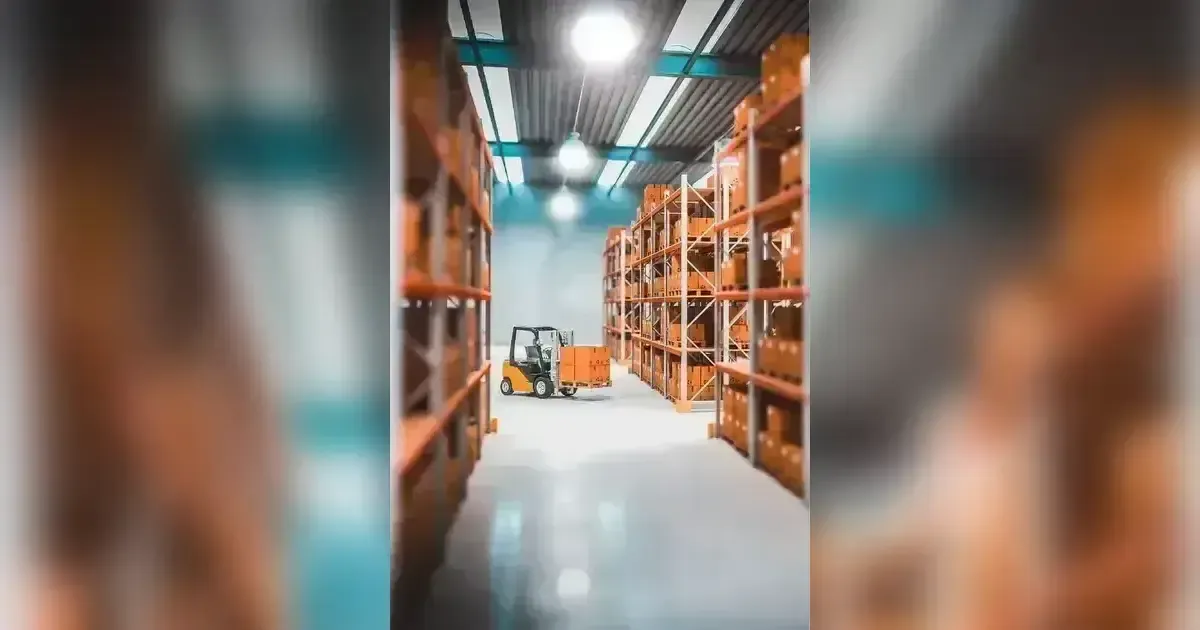Unlock the road to your dream car with our complete guide to importing vehicles to Kenya. From choosing the perfect ride in the UK to navigating import duties and regulations, we’ve got you covered. Drive home your dream with ease
Introduction
It may seem like a somewhat challenging exercise to import a car to Kenya, especially for a first-time user, but with proper direction, the whole process is quite easy. If you’re planning on buying a shiny new fully-built vehicle imported from the UK or contemplating purchasing bank-financed imports, you’ll need to know the processes involved so you can save time, money, and frustration. Read on for every aspect in detail right from the choice of the car and the import duties to the processes that ensure the safe arrival of your dream car in Kenya. It is finally time to drive to the new car!
Step 1: Selecting the Perfect Car for Import
Choosing Between New and Used Cars from the UK
The first thing that you need to consider when buying a car from another country is the type or model of the car that you wish to import. The UK has a wide range of new and used car imports which attracts Kenyan importers hence being the most popular source. Auto Trader presents numerous options from leading manufacturers as well as from independent dealers and also involves numerous types of automotive brands and models. To find a wider range, one should turn to car supermarkets like Cinch that may present VAT-qualifying vehicles – which means you’ll be able to get a serious discount on your car.
The other thing you need to remember is that if you’re on the lookout for a good deal, you need to consider UK car auctions. But again, to some extent here, it is advisable to conduct research and analyze the car’s quality and how to bid and export it.
Timing Your Purchase for Optimal Import Duty
The timing of your car's registration in the UK can significantly impact the import duty you’ll pay in Kenya. It’s advisable to plan your purchase and shipping so that your car arrives in Kenya just after its registration anniversary. This timing can shift your car into a lower import duty bracket, saving you money. If your car’s registration birthday is approaching, you might consider delaying the shipment or choosing another vehicle.
Step 2: Understanding VAT and How It Affects Your Purchase
Buying a VAT-Qualifying Car
One of the advantages of importing a car from the UK is the potential to buy a VAT-qualifying vehicle, which can save you 20% off the advertised price if the car is exported. However, finding VAT-qualifying cars isn’t always straightforward, as they aren’t always clearly labeled. It’s crucial to understand the VAT implications and consult with experts if needed.
Reclaiming VAT on a VAT-Qualifying Car
Before Brexit, non-EU residents could reclaim VAT on car exports. However, post-Brexit rules have made VAT reclamation more complex. Now, only a UK VAT-registered business can reclaim VAT, which has led to many buyers being caught off guard. Ensure you fully understand the current VAT rules or seek professional advice to avoid any costly mistakes.
Step 3: Navigating the Purchase Process
Buying from a UK Dealer
Here are some tips that every buyer should consider while purchasing a car from a UK dealer: The first and foremost important document is the V5C logbook, the car’s MOT certificate, which should be valid, and the service history of the car. These documents provide proof of the car’s identity and guarantee that it is in the required shape and has the right number of kilometers registered as the dealer is claiming.
Background Checks and Inspections
Before finalizing your purchase, conduct thorough background checks to confirm that the car isn’t stolen, still under finance, or involved in any discrepancies. Services like HPI checks, which include a confirmation of mileage from the UK National Mileage Register, are essential in protecting your investment.
Step 4: Preparing for Export
The QISJ Inspection
Before a car can be exported to Kenya, it must pass the QISJ roadworthiness check, as required by the Kenya Bureau of Standards (KEBS). This inspection ensures that the car meets Kenyan standards and costs approximately £290. Arrange for this inspection before your car leaves the UK to avoid any delays.
Securing Payment and Understanding Costs
Nearly all dealers in the UK will ask for a deposit if you wish your car of choice to be reserved for you and the balance amount would have to be paid within a short time. When using an exporter, you may enjoy better terms of payment that are flexible than using the domestic market. For example, some services permit 70% of the value to be paid before export while the rest is 30% after the arrival of the car in Mombasa. Awareness of these payment terms as described above is therefore vital to avoid hitches during business transactions.
Exporting Your Car
If the UK dealer doesn’t offer export services, you’ll need to engage a car exporter. It’s important to choose an exporter with the necessary resources and expertise to manage the process efficiently. Consider factors like shipping options, documentation, and the exporter's experience in handling car exports to Kenya.
Step 5: Shipping Your Car to Kenya
Choosing the Right Shipping Method
There are several shipping options to get your car from the UK to Kenya:
- Roll-on/Roll-off (RoRo): The most affordable and popular option, where cars are driven onto the vessel and secured for transport. This method is cost-effective but less secure than container shipping.
- Container Shipping: Offers more security as your car is loaded into a single or shared container. This is ideal for high-value vehicles but comes at a higher cost.
- Air Freight: The fastest and most expensive option, where cars are flown to Nairobi. This method is typically reserved for high-value or urgent shipments.
Shipping Timeline
From purchase to arrival in Mombasa, the process generally takes about 40 days. This timeline includes car inspection, modifications, QISJ inspection, and shipping. Make sure to factor in these timings when planning your import to avoid unnecessary delays.
Step 6: Clearing Your Car at the Port
Understanding Port Charges
Upon arrival in Mombasa, you’ll need to pay port charges to your clearing agent. These fees vary depending on whether you chose RoRo or container shipping, with container shipments generally incurring higher costs.
Calculating Import Duty
When your car arrives in Kenya, it will be subject to several taxes and fees:
- Import Duty: 35% of the customs value (CRSP value with depreciation applied).
- Excise Duty: A percentage of the customs value plus import duty.
- VAT: 14% of the combined customs value, import duty, and excise duty.
- Import Declaration Fees (IDF): 2% of the customs value.
- Railway Development Levy (RDL): 1.5% of the customs value.
To calculate these costs accurately, refer to the Kenya Revenue Authority’s (KRA) Current Retail Selling Price (CRSP) guidelines or use a duty calculator.
Step 7: Importing Cars Duty-Free
Eligibility for Duty-Free Imports
Certain individuals, such as diplomats, government officials, and returning residents, may qualify for duty-free car imports. To qualify as a returning resident, you must demonstrate that you have lived abroad for at least two years and haven’t visited Kenya for more than 90 days during that period. You’ll also need to provide proof that you’ve owned and used the car for over a year before importing it to Kenya.
Ensure that your car meets Kenyan import requirements, such as being a right-hand driver and no older than seven years at the time of arrival.
Step 8: Registering Your Car in Kenya
KRA Registration Requirements
Importation of cars into Kenya requires automation and registration of your car. This entails signing up with NTSA and uploading the enabling documents on the NTSA website. The registration cost depends on the engine capacity of the car they are ranging from Kshs 7,410 to Kshs 21,215.
Final Delivery to Nairobi
Once your car is cleared and registered, you have the option to transport it to Nairobi. Professional car carriers are recommended to ensure your vehicle arrives safely and without damage. Alternatively, you can have the car driven to Nairobi, but thorough checks are necessary to minimize risks.
Step 9: Final Checks and Handover
What to Expect on Delivery
After 50+ days in transit, your car will need a thorough valet to restore its condition. Before taking it out on the road, check that all controls are functioning correctly, from the air conditioning to the music speakers. Make sure to receive all the necessary paperwork, including the V5 logbook, MOT certificate, QISJ certificate, and any service history documentation.
Enjoying Your New Car
Finally, after verifying that everything is in order, it’s time to enjoy the fruits of your labor. Drive your car with the confidence that you’ve navigated the complex import process successfully and brought your dream vehicle to Kenya.
Conclusion:
When importing a car to Kenya there are several factors to consider including choosing the ideal car to import, and the value-added tax that is imposed on imported goods among other important considerations. The process however does not need to be overly complicated and with knowledge and the right professional help is easy. Using this guide, you are well prepared to make all the correct decisions and have a trouble-free process of importing your desired car from the UK to the Kenyan roads. Safe driving!


























